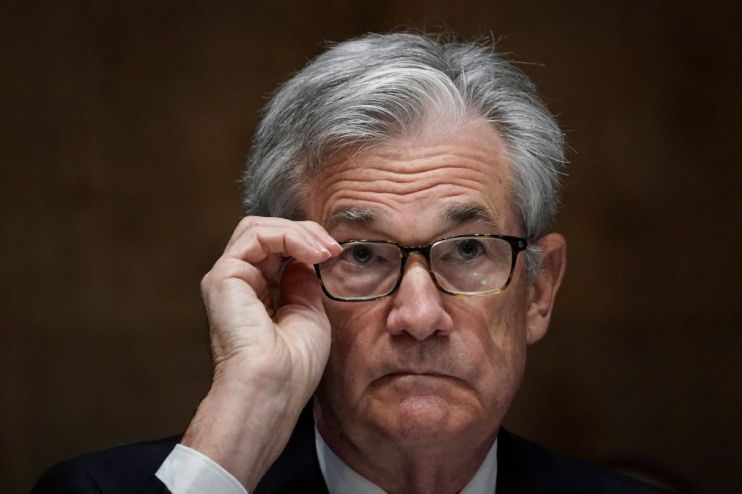Before the Bell: The Fed will give its latest policy verdict today

There have been growing concerns that the AstraZeneca-Oxford vaccine is linked to blood clots, which is why several European countries have halted distributing the vaccination.
Multiple governments have taken the decision to suspend the rolling out of the vaccine but at the same time, the WHO and the European Medicines Agency support the vaccine. European stock markets posted gains yesterday despite the safety concerns for the vaccination.
Sentiment in the US cooled a little as the S&P 500 finished slightly in the red as it retreated from an intra-day record high. The NASDAQ 100 posted a modest gain as the tech-heavy index was coming from a lower starting point.
“Volatility was low across the markets yesterday as traders were looking ahead to the Fed’s interest rate decision, which will be revealed today,” commented David Madden, market analyst at CMC Markets UK, this morning.
“The US dollar moved traded in a small range and so did gold. Commodities that are connected to growth, oil and copper, fell as a mixture of profit taking and worries about Europe’s partially stalled vaccination scheme weighed on the markets,” he told City A.M.
Equity markets in Asia lost a little ground ahead of the Fed’s interest rate decision, European indices are set for a slightly start.
Fed announcement 6pm UK time
The Fed meeting is likely to be the main focus of today’s session. Interest rates are predicted to remain unchanged and the announcement will be made at 6pm UK time, while 30 minutes later the press conference will commence.
“The US central bank is operating an extremely loose monetary policy as a way of providing support to the economy,” Madden said.
He pointed out that, in recent weeks, “we have seen evidence the country is rebounding, unemployment is falling, while services and manufacturing levels are robust.”
“It is encouraging that the economy is turning around but the prospect of higher growth also comes with the prospect of higher inflation,” Madden added.
Recently yields on the US 10-year government bond moved above 1.63 per cent, its highest level in 13 months. An increase in yields tends to forewarn an increase in interest rates, he explained, something the Fed are not planning until 2024.
Last month, Jerome Powell, the Fed’s boss, cautioned that inflationary pressure is on the horizon but it shouldn’t be big enough or last long enough to justify tightening policy.
Powell will have to strike a balance between not seeing too concerned about higher yields but at the same time, he can’t be exceptionally dovish as that would most likely inflate stock prices even more, Madden noted.
“Equities have enjoyed a bullish run lately so a nudge higher in yields will probably encourage profit taking,” he said.
The final reading of eurozone CPI for February, at 10am UK time today, is predicted to be 0.9 per cent, unchanged from the flash reading and from the January update. Madden stressed the core report strips out volatile elements like commodity prices and it is tipped to be 1.2 per cent, down from the 1.4 per cent posted in the last update.
Meanwhile, Canadian CPI – at 12.30pm UK time today – is anticipated to jump from 1 per cent in January to 1.3 per cent in February. A jump in inflation would tie in with the broader rise in the cost of living seen in other countries, Madden said.
Finally, energy stockpiles in the US were impacted by the big freeze in Texas last month. He concluded that the consensus estimate for the EIA report is that oil inventories will be 2.96m barrels, while gasoline stockpiles will drop by 2.99m barrels. The details will be posted at 2.30pm UK time this afternoon.